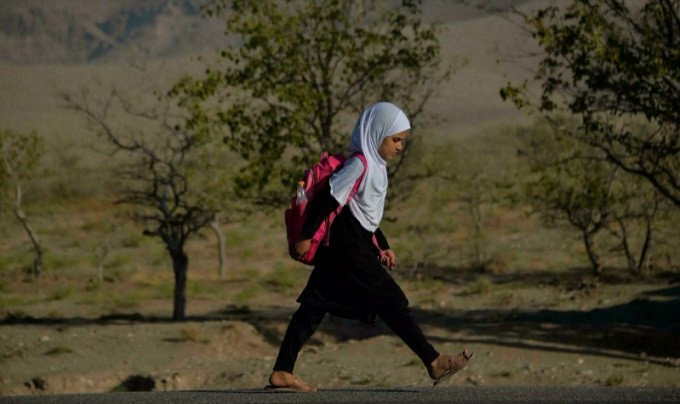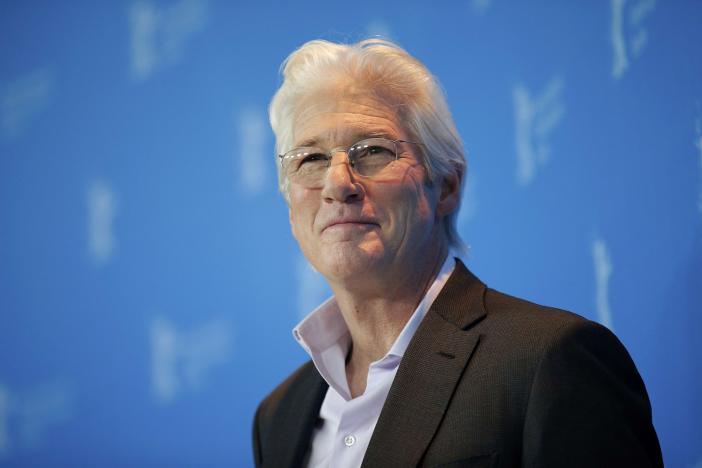
As schoolchildren across the country eagerly await growing up and pursuing their dream careers, Afghan girls deported back home to life under the extremist Taliban government resent the cruelty of maturing. They bid farewell not only to their friends and neighborhoods but also to their hopes of living an accomplished life.
For ten-year-old Palwasha, a third-generation Afghan immigrant born and raised in Azad Kashmir, Pakistan was her home. Even though she had only studied until Grade 5 at a local government school, Palwasha dreamt of growing up and pursuing a career in medicine. However, fate took a turn for Palwasha and many other school-going immigrant girls when the government decided to repatriate illegal Afghan aliens to their native country.
“In Afghanistan, the Taliban have banned girls’ education from Grade 6 onwards. How will I ever fulfill my dream of studying medicine?” pressed Palwasha, who felt that countless girls like her would have to sacrifice their dreams of earning a degree upon entering a life of repression across the border.
Concurring with Palwasha, Jalal Khan, her father, also shared his worries for his daughter’s future in Afghanistan. “While we are very indebted to the Pakistan government for providing education and employment to our families for the past four decades, its recent decision to send us back to Afghanistan will destroy the academic prospects of our daughters,” resented Khan, who believed that Pakistan was no less a safe haven for Afghan women and children than developed European countries.
Also read: Founder of Afghan girls' school project arrested in Kabul
According to data obtained by the Express Tribune from the Chief Commissionerate for Afghan Refugees, at least 202,975 illegal Afghan immigrants, including 44,460 women and 101,230 children, have thus far been repatriated to Afghanistan via the Torkham border in K-P.
Sharing his insight on the matter, Ijaz Afridi, Vice President of the Sarhad Chamber of Commerce and Industries, opined that Pakistan must not turn away any Afghan immigrants who wish to create a better future for their children in Pakistan through the legal route.
“Just the way our own people are settling in countries abroad, we too must facilitate any Afghan immigrant who wishes to build a life in Pakistan by issuing them work and business visas,” addressed Afridi, who further acknowledged that Afghan businessmen had significantly contributed to developing Peshawar’s economy.
“In Peshawar, one in every ten traders used to be an Afghan immigrant,” he added.
This situation, however, was reversed on October 3rd when the federal government announced its decision to repatriate almost one million Afghan aliens back to Afghanistan, out of which approximately 400,000 were based in K-P.
Speaking to the Express Tribune on the matter, Feroze Jamal Shah Kakakhel, Caretaker Information Minister of K-P, said, “The involvement of illegal Afghan aliens in acts of terrorism against our state and people has been proven on several occasions. Sending back the unregistered immigrants will not only reduce the crime rate in Peshawar but will also create business opportunities for the local people. The K-P government’s repatriation process is in line with the United Nations (UN) protocols.”

1732271743-0/diddy-(45)1732271743-0-165x106.webp)




1732263788-0/BeFunk_§_]__-(30)1732263788-0.jpg)
1732270499-0/Express-Tribune-(7)1732270499-0-270x192.webp)
1732268955-0/BeFunk_§_]__-(33)1732268955-0.jpg)

1732267954-0/Express-Tribune-(6)1732267954-0-270x192.webp)






COMMENTS
Comments are moderated and generally will be posted if they are on-topic and not abusive.
For more information, please see our Comments FAQ